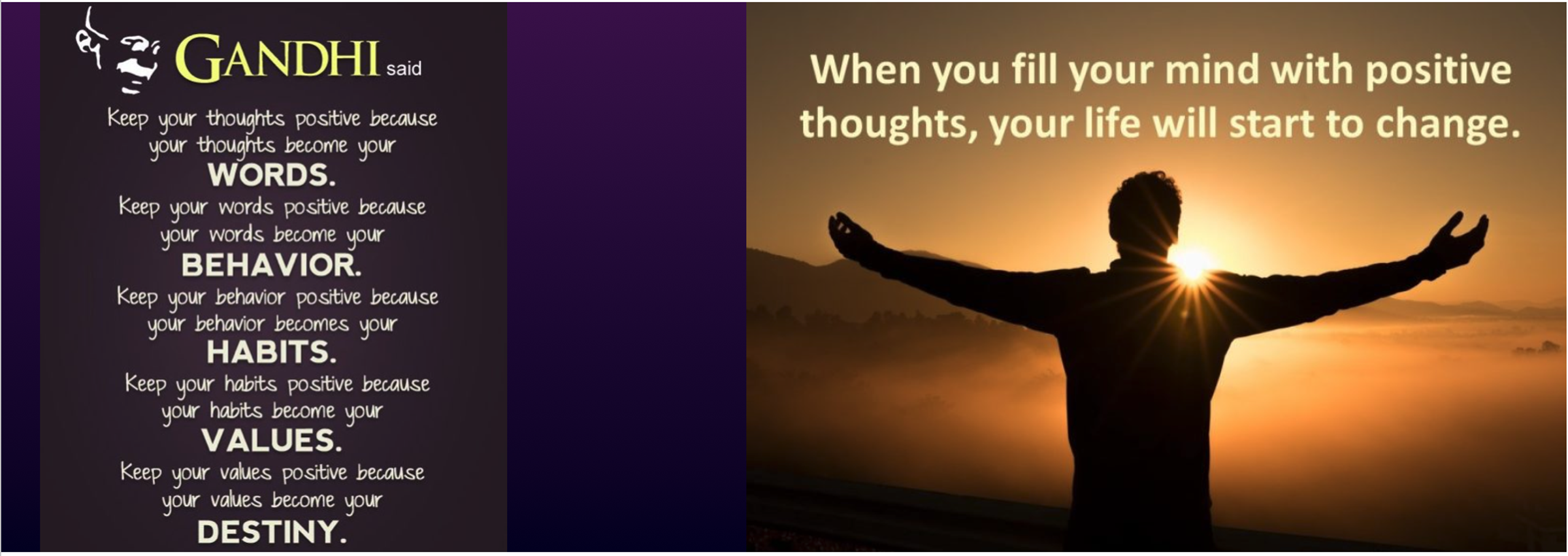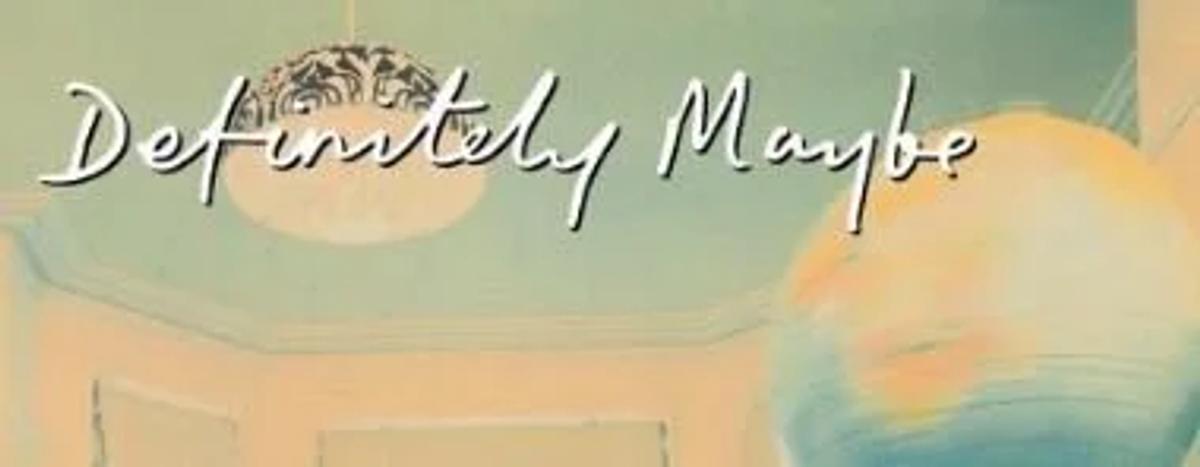Thought For The Week:

What do we owe students — in general, and, specifically, at this moment in time? We owe them honesty. We always have. But one of the greatest challenges of teaching is calibrating the optimal mix of candour and kindness because we owe them kindness, too.
Unearned or exaggerated praise, though, isn’t the answer. It can make students believe that they’ve aced something they haven’t and found a calling when they didn’t. That’s not kindness. That’s cowardice. It’s also deception.
We owe students something else, too — or at least I think that we do. We owe them doubt.
In our world now, there’s a tug toward premature and excessive certainty. Social media rewards that. It fuels our politics, too. Many leaders and voters alike rush toward judgments and then won’t back off them, and those judgments are often just the borrowed opinions of their chosen clique. They’re the fruits of identity, not inquiry.
In that context, as teachers, we must be careful what we state as fact. We need to teach our children to be inquirers and reflective thinkers and to look for people's motivation for sharing their viewpoints.
Yes, there are things we know — facts and insights that we must share with students, skills that we’re there to show them how to acquire. We mustn’t be shy about those. But there are also things that we don’t know, things that no one can fully know, and subjects that aren’t quickly reducible to tidy talking points. “It’s complicated,” I constantly say to students. “It’s debatable.” “Maybe.” “Possibly.” “Probably.”
“Definitely” is more alluring. But that’s precisely the reason to resist it.


